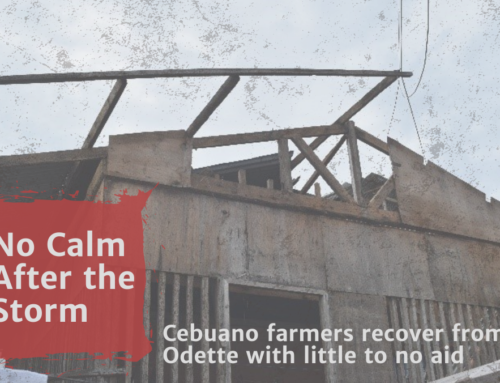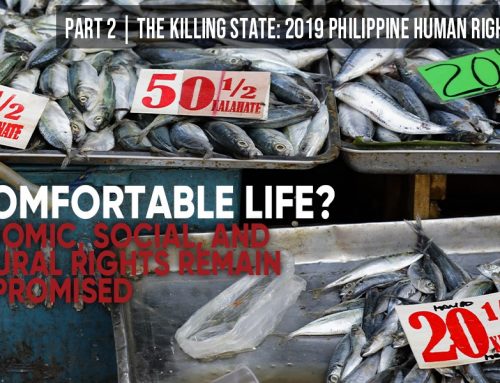We’re facing a climate crisis. Extreme weather events, melting glaciers and rising sea levels all link to climate change. If we continue on this trajectory, nature’s future—along with our own—is in jeopardy.
Without action to address climate change, not only will humanity and the global economy suffer, but all of our work and successes on wildlife conservation will be in peril. Many species will be under renewed threat when they’re not be able to adapt to rising seas, changing rainfall patterns, warming temperatures, an acidifying and warming ocean and other consequences of increased carbon pollution.
But here’s the good news: we can make changes to adapt to and limit the impact of climate change. We need to start today and change the way we choose and use energy and resources.
Here’s a look at four steps we’ve already made.
Renewable truly is doable
Our energy use at home makes a difference—for our own communities and for polar bears, snow leopards and every species. Solar panels provide a clean, easy solution for homeowners. And solar panel prices have dropped 80% since 2008. Many solar companies take care of the paperwork for you, making the switch from the burning coal and natural gas that make electricity smooth and easy. Wind is also a great option for cities, and in fact one state in Germany is on track to being 100% renewable by the end of 2014, up from just 30% eight years ago!
Cities can lead the charge
More and more, US cities are looking to renewable energy to power their grids. In 2013, Chicago negotiated with power companies to create an energy portfolio that excluded coal-generated electricity and negotiated with a wind farm for enough electricity to provide 5% of the city’s power. That immediately reduced the city’s carbon emissions by 16%. Chicago made this happen through community choice aggregation, a process that allows cities to combine the buying power of residents to get new contracts with electricity providers, usually at a better price. Cincinnati and Cleveland also put this tool to use to buy 100% renewable energy credits for their residents and small businesses.
Companies are making money by tackling climate change
By boosting energy-efficiency measures and moving to low-carbon energy sources, the private sector can realize cost savings up to $190 billion in 2020. That’s good news because businesses can help save the planet while driving up their own profits. A report by WWF and the CDP helps businesses chart a new—and more sustainable—path forward. WWF works with businesses to help reduce their carbon footprint and improve the production of commodities with the most significant impact on the environment.
Your voice can make a difference
Now is the moment to show your support for climate action. In 2015 we will have our last best chance for a global deal to avert a long-term global crisis. Hundreds of thousands of people marched through the streets of New York City to push for climate action on Sept. 21, 2014. Let’s continue to be a part of history, and stand up and demand action.
Learn more about climate change.







